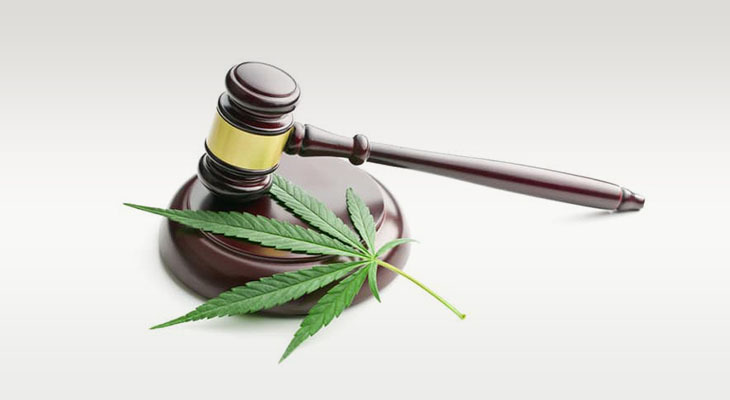
The Cannabis Act, also known as Bill C-45, is a law that has legalized recreational cannabis use nationwide in Canada. This act was passed b The act aims to accomplish 3 goals:y the House of Commons of Canada in late November 2017 and by the Senate of Canada on June 7, 2018.
The Cannabis Act creates a strict legal framework for controlling the production, distribution, sale and possession of cannabis across Canada. However, knowing that this act does not mean that drug-impaired driving will be pardoned, it will still remain illegal under the Criminal Code of Canada.
It is important to note that with new testing powers and penalties for drug-impaired driving, police officers can now test oral fluid or demand a blood sample if they reasonably suspect that a driver is impaired by drugs.
As far as the penalties for offences under the Cannabis Act are concerned, they range from warnings and tickets for minor offences to criminal prosecution and imprisonment for more serious offences. The act aims to accomplish 3 goals:
- Keep cannabis out of the hands of youth
- Keep profits out of the pockets of criminals
- Protect public health and safety by allowing adults access to legal cannabis
In this blog, we will talk about what is legal under the Cannabis Act, what the possession limits are and what the age limitations are of the legalization.
What is legal as of October 17, 2018
The act was passed in 2018 and since then, a few cannabis-related acts have been legalized. Note that these are subject to provincial and territorial restrictions. Individuals who are 18 years of age or older can legally:
- Possess up to 30 grams of legal cannabis, dried or equivalent in non-dried form in public,
- Share up to 30 grams of legal cannabis with other adults,
- Buy dried or fresh cannabis and cannabis oil from a provincially licensed retailer,
- Buy cannabis online from federally licensed producers in provinces and territories without a regulated retail framework,
- Grow, from licensed seed or seedlings, up to 4 cannabis plants per residence for personal use,
- Make cannabis products, such as food and drinks, at home as long as organic solvents are not used to create concentrated products,
The act has also legalized the sale of cannabis edible products and concentrates.
Possession Limits
The Cannabis Act applies possession limits on individuals based on dried cannabis. For other types of cannabis, equivalents have been developed to identify their possession limits.
One gram of dried cannabis is equal to:
- 5 grams of fresh cannabis
- 15 grams of edible product
- 70 grams of liquid product
- 0.25 grams of concentrates (solid or liquid)
- 1 cannabis plant seed
Based on the description of the act, an adult 18 years of age or older can legally possess 150 grams of fresh cannabis.
Cannabis For Medical Purposes
Those who have authorization from their healthcare provider to use cannabis for medical purposes can continue to access cannabis in the amount required.
Restrictions
The Cannabis Act has several measures in place to prevent youth from accessing cannabis. This includes restrictions according to age and restrictions on the promotion of cannabis.
The act prevents anyone from selling and providing cannabis to any person under the age of 18. The act notes two criminal offences:
- Giving or selling cannabis to youth
- Using a youth to commit a cannabis-related offence
If any of these offences are committed, the maximum penalty can be up to 14 years in jail.
As far as promotion and enticement are concerned, the act prohibits:
- Products that are appealing to youth
- Packaging or labelling cannabis in a way that makes it appealing to youth
- Selling cannabis through self-service displays or vending machines
- Promoting cannabis, except in narrow circumstances where young people would not see the promotion
If these restrictions are violated, penalties can include a fine of up to $5 million or 3 years in jail.
About Us
At Slaferek Law, our criminal lawyers are well versed with the rights of its citizens. We help you get out of difficult situations and help you with Unreasonable Searches & Seizures. We have successfully defended clients who have been arrested and accused of illegally possessing such substances as marijuana, cocaine, ecstasy, methamphetamines, heroin, oxycontin, pain killers, and illegal prescription drugs.
